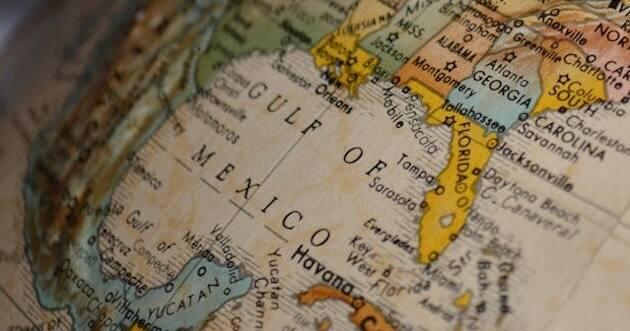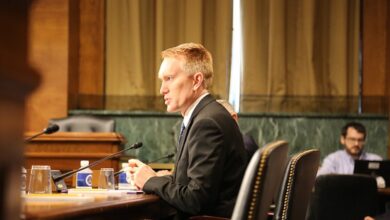Names, Politics, and a Really Big Puddle: The Gulf of “America” Issue

Ready for a cruise on the Gulf of America? It could happen if President-elect Trump’s quip about renaming it gets traction.

The Gulf of Mexico, spanning an impressive 218,000 square miles of semi-enclosed ocean basin, is now in the middle of an identity crisis tied to Mexico’s immigration policy. Trump has said unless our southern neighbor shuts down the flow of millions of immigrants passing through it on the way to the U.S. southern border, he will impose sanctions and change the name of the gulf to “Gulf of America.”
But here’s the thing about naming places: it’s complicated. Really complicated. This isn’t just about updating some maps or changing a few signs. We’re talking about a chunk of ocean that’s seen more history than a museum archive.
But it’s not always been the Gulf of Mexico.
It wasn’t always the Gulf of Mexico
Before anyone was calling it the Gulf of Mexico, Spanish sailors were cruising around calling it their sea – literally, “The Spanish Sea.” It all kicked off in 1519 when Spanish explorer and cartographer Alonso Álvarez de Pineda led an expedition that mapped the American Gulf Coast, becoming the first European to take over its identity. The Spanish even had this poetic way of referring to it: “El Seno Mejicano” or “El Seno de México,” with “seno” being an old-fashioned word for a concavity or hollow – basically calling it nature’s pocket, which is kind of funny when you think about it.
Place names are funny things. They stick around until they don’t, and then suddenly everything changes. Just look at the global naming revolution that’s been happening. Countries have been rebranding themselves faster than tech startups. Ceylon became Sri Lanka in 1972, Dahomey transformed into Benin in 1975, and Upper Volta rebranded itself as Burkina Faso in 1984. Cities jumped on the bandwagon too – Saigon was renamed Ho Chi Minh City in 1976, and what we now call Mumbai spent centuries as Bombay. It’s like watching the world’s biggest game of musical chairs, but with maps. Western media branded Biblical Judea and Samaria as the “West Bank” and there’s no sense in that. The Persian Gulf? Arab states have renamed that body of water the “Arabian Gulf,” much to the displeasure of Iran.
North America has been having its own naming kerfuffles, particularly when it comes to indigenous heritage. The whole Denali situation (goodbye, Mount McKinley) was just the tip of the iceberg. Even Mount Rainier’s getting side-eyes from folks who think its original names – Talol, Tacoma, or Tahoma – deserve another shot at the spotlight. Others think renaming places has gone too far in the name of inclusiveness.
Interestingly, the U.S. Department of Interior is leading initiatives to rename hundreds of geographic features. That could now include the Gulf.
As maritime historian John S. Sledge puts it in his artfully written book, the Gulf represents “a symbiotic basin with an interconnected heritage.” It’s not just a big body of water. The Gulf is a shared “backyard” for multiple countries, each with their own unique connection to it.
As for Trump and a name change, that’s what makes this idea so fascinating, even if it doesn’t take place. Whatever we call it, it will carry a substantial weight of history, politics and cultural identity. And it will be difficult for Mexico to complain. Before Mexico was Mexico, it was known as Anahuac. Talk about awkward!
–Dwight Widaman is editor of Metrovoicenews.com






